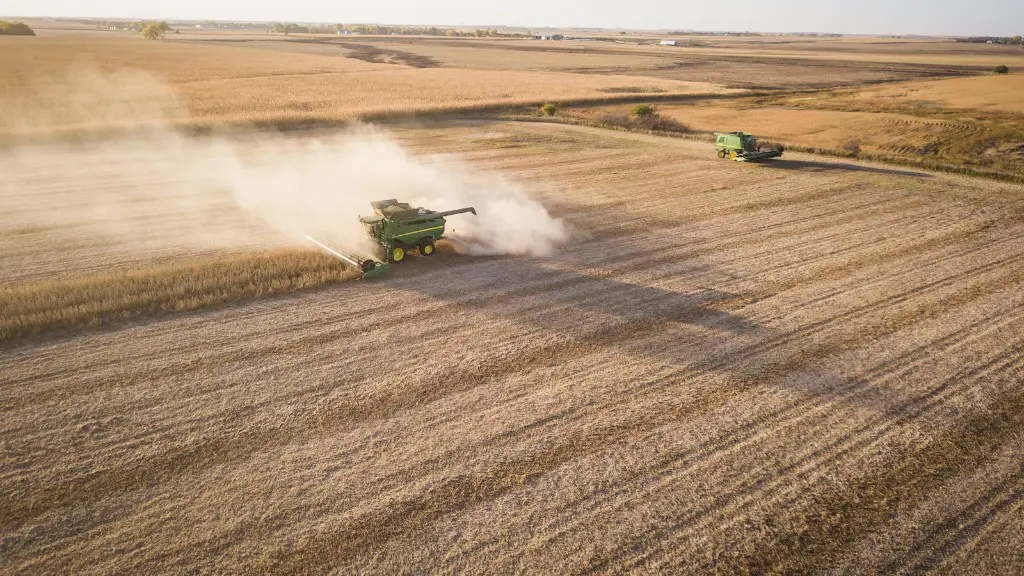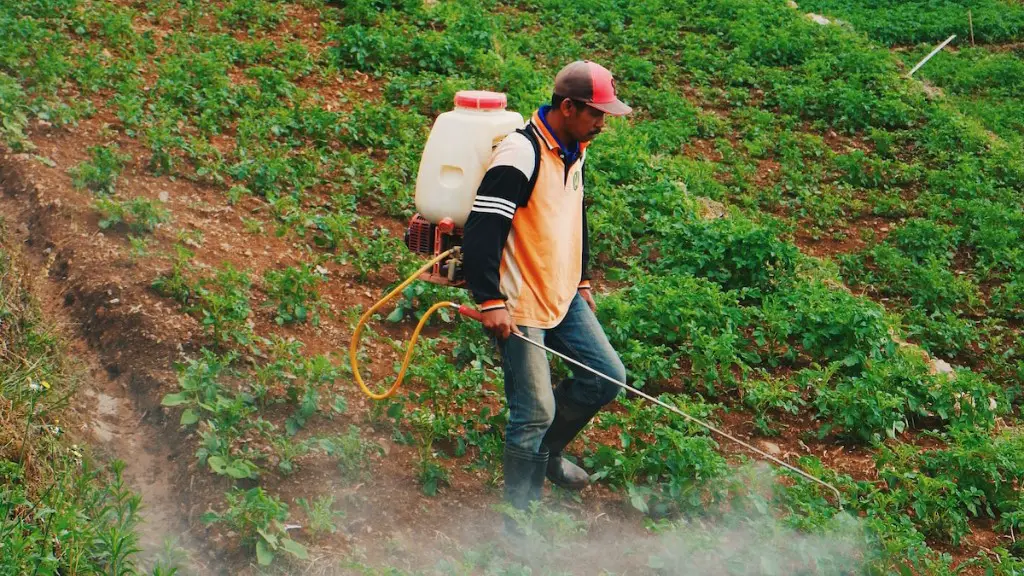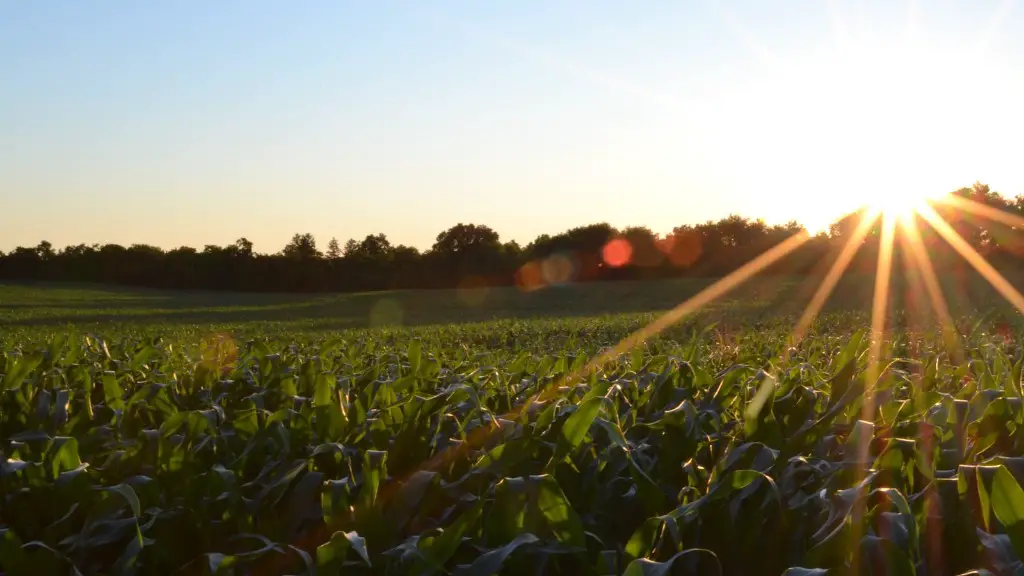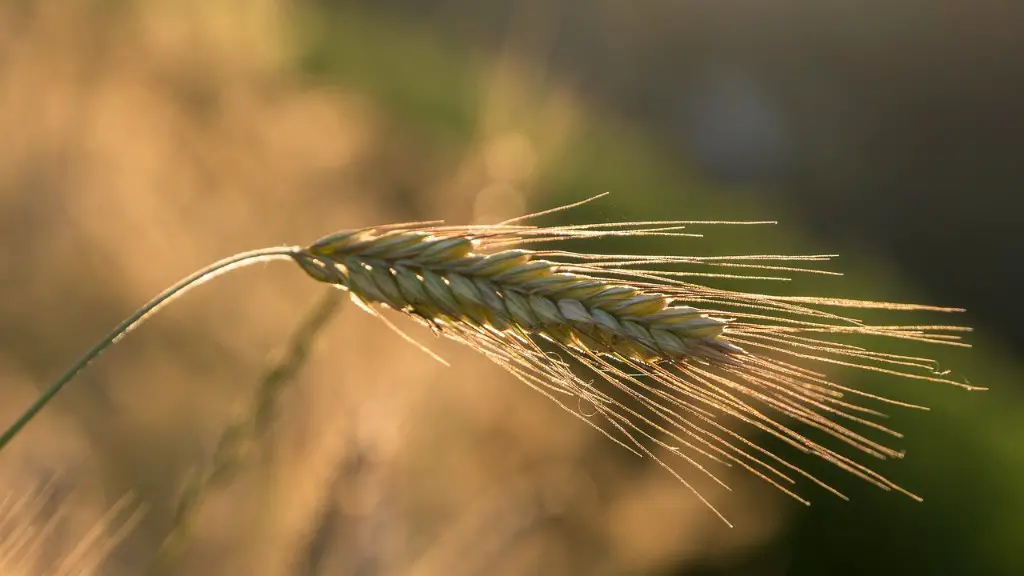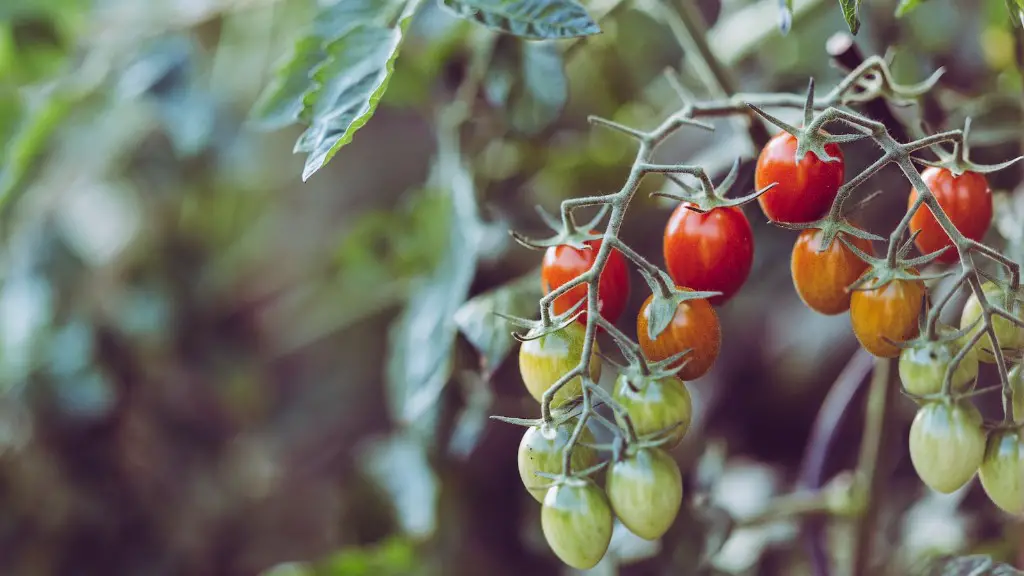Lime is an important part of agriculture. It is used to improve soil structure, increase nutrient availability, and encourage beneficial microbial activity. All of these factors help improve crop yields. Lime also helps to neutralize soil acidity, making it more hospitable for plants.
Lime is a cheap and effective way to raise the pH of acidic soils. This helps to create an environment that is more hospitable for plants and can improve yields.
What is the importance of liming in agriculture?
Agricultural lime is a soil amendment that can improve your soil’s pH level. This is important because rebalancing acidic soil is critical for maintaining crop yield. As a naturally-occurring alkali (base) material, lime acts as a safe and effective means of raising soil pH.
Lime is an important ingredient in keeping soil at the optimal pH level for grasses. When the soil is too acidic, nutrients from lawn fertilizer are less available, causing grass to thin out and yellow. Applying lime to soil helps maintain the correct pH range, making more nutrients available and allowing grass to grow fuller and thicker.
How often do farmers use lime
Lime is an essential component in maintaining healthy soils. It helps to improve soil structure, increase nutrient availability, and promote microbial activity. However, lime can be difficult to apply and it is important to lime only when the conditions are right.
Lime should be applied every 3-4 years in order to achieve the best results. This allows for maximum flexibility in terms of when you have time and when the conditions are right. Applying lime too frequently can actually have negative effects on soils, so it is important to follow this timeline.
Lime is a common soil amendment that can be used for both farmers and homeowners. When applied to fields, it can help increase yields by making the soil more alkaline and improving nutrient availability. For homeowners, lime can be used to improve the appearance of lawns that have acidic soils. It is important to note that lime can have negative effects on some soils, so it is always best to test your soil before applying it.
Why do farmers mix lime with soil?
Different crops deplete different nutrients from the soil, so it is important to rotate crops to maintain soil health. Decaying plant matter raises the acidic levels in the soil, so lime needs to be added to reduce the acid content and change the pH levels for optimum plant growth.
Lime treatment is often used in soil stabilization, but it has a number of disadvantages, including carbonation, sulfate attack, and environmental impact. Magnesium oxide/hydroxide is proposed as a suitable alternative stabilizer to overcome at least some of the disadvantages of lime.
Which plants do not like lime?
Ericaceous plants are plants that don’t like growing in soils that contain lime. They are also known as ‘acid lovers’ or ‘lime haters’. This means they won’t grow well in soils that have a high pH – such soils are referred to as alkaline.
It is not recommended to fertilizer your lawn and apply lime to the soil at the same time. It is a good idea to test your soil to see which product is needed most before applying lime to your lawn.
How often should lime be applied to soil
Lime is a CaCO3 compound that is often used to raise the pH of soil. It is applied to grass and yards in order to make them more acidic. However, lime should not be applied to wilted or frost-covered grass, as it can damage the grass.
Slaked lime is a chemical compound that can be used to neutralize the acidity in soil. The acidity in soil can be caused by chemicals and fertilizers, or it can be caused by acid rain. When acid rain falls, it helps to dissolve the slaked lime into the soil. This makes the soil less acidic and more hospitable for plant growth.
Do you lime before or after plowing?
Lime is a key ingredient in agriculture and is used to change the pH of the soil. It is applied to improve crop yields, prevent finger and toe in brassicas, and improve the overall health of the soil. When applied correctly, it can have a profound impact on the quality of the crop.
Lime is added to soil to raise the pH, making it more alkaline. However, if too much lime is used, it can actually have the opposite effect and make the soil more acidic. This is because the lime ties up nutrients in the soil, making them unavailable to plants. In addition, high pH can tie up other elements such as boron, iron, manganese, copper and zinc.
How do you know if your field needs lime
Lime is a material that is added to soil to raise its pH level. The main purpose of lime is to correct the acidity of the soil. Although lime is available in different forms, the most common type used for lawns is pelletized lime. This type of lime is easy to apply and is less likely to burn the lawn.
Lime is a common soil amendment and can be beneficial for plants. However, it is important to take precautions when using lime, as the dust can be irritating to the lungs, eyes, and skin. It is best to wait until the lime has been incorporated into the soil before using the yard.
How long does lime last in soil?
Lime is a common soil amendment that can be very beneficial to plants. It can help to raise the pH of acidic soils, making them more neutral. This can be especially helpful for plants that prefer more neutral soils. Lime can also help to improve the structure of sandy soils, making them more knit together and less likely to blow away in the wind.
There is no evidence to suggest that lime is effective at deterring certain types of wildlife, including rodents and snakes. Some people believe that the strong smell may deter these animals, but there is no concrete evidence to support this claim. If you’re concerned about pests on your property, it’s best to consult with a pest control professional to find the best solution for your specific situation.
Final Words
There are a few reasons why lime is used in agriculture. One reason is that it can help to neutralize the soil, making it less acidic and more hospitable for plants. Additionally, lime can help to supply essential nutrients to the soil, such as calcium, that can promote plant growth. Additionally, lime can help to reduce compaction in the soil and make it easier for roots to penetrate.
Lime is used in agriculture because it is an effective way to improve soil quality. Lime can help to improve drainage and increase the amount of nutrients available to plants. It can also help to reduce the amount of toxins and pathogens in the soil.
